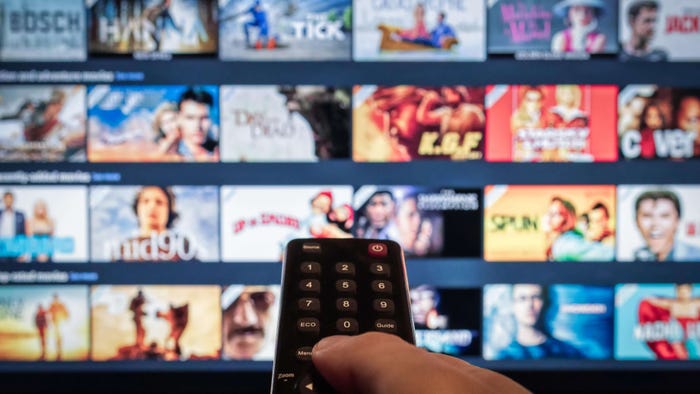thumbnail
Wi Fi
Comcast extends 'WiFi Boost' to millions of hotspotsComcast extends 'WiFi Boost' to millions of hotspots
'WiFi Boost' provides gigabit speeds on the go to Xfinity Mobile and Comcast Business devices. #pressrelease
Subscribe and receive the latest news from the industry.
Join 62,000+ members. Yes it's completely free.
.jpg?width=700&auto=webp&quality=80&disable=upscale)











































